- Prof. Datuk Dr. Ahmad Fauzi Ismail
- Image
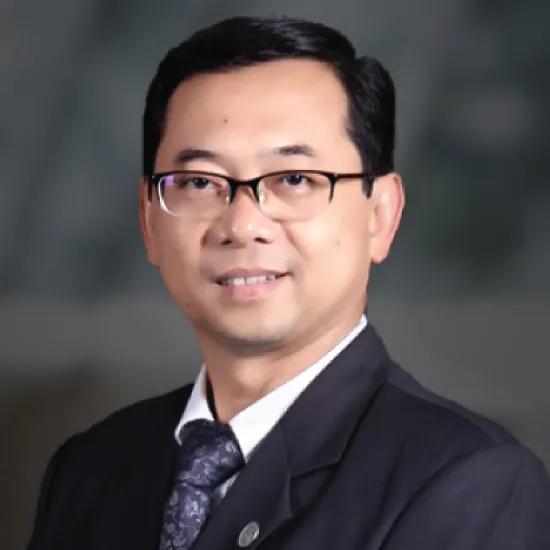
Prof. Datuk Dr. Ahmad Fauzi Ismail
Vice-Chancellor, UTM, MalaysiaProfessor Datuk Dr. Ahmad Fauzi Ismail is the seventh Vice-Chancellor of Universiti Teknologi Malaysia and was the Deputy Vice Chancellor of Research and Innovation.
His research interest is in the development of polymeric, inorganic and novel mixed matrix membranes for water desalination, wastewater treatment, gas separation processes, membrane for palm oil refining, photocatalytic membrane for removal of emerging contaminants, development of haemodialysis membranes and polymer electrolyte membrane for fuel cell applications.
As one of the early pioneers of membrane technology in Malaysia, he is the Founding Director of Advanced Membrane Technology Research Centre (AMTEC) that has initiated various community projects for more than a decade. He has developed 11patents, with 20 more pending for approval.
As a prolific author, his compendium of publications ranges from over 1000 papers in refereed journals, over 50 book chapters and six books. His current Scopus h-index is 95 (43,208 citations) and Web of Science h-index stands at 87 (32,841 citations). He has supervised more than 70 PhD and 50 MSc students to completion as well as having supervised 10 post-doctoral fellows.
Among the prestigious awards won are The World Academy of Sciences (TWAS) Award in Engineering Sciences for 2019, Merdeka Award for the Outstanding Scholastic Achievement Category on 4th September 2014, Malaysia’s Rising Star Award (2016) and Highly Cited Researcher (2018, 2019, 2020, and 2021) by Clarivate Analytics.
Ahmad Fauzi Ismail graduated with a B.Eng. (Petroleum Engineering) and M.Sc. in (Chemical Engineering) from Universiti Teknologi Malaysia (UTM). He was awarded the Commonwealth Academic Staff Scholarship to pursue his Ph.D. in Chemical and Process Engineering at the University of Strathclyde, Glasgow, UK, specializing in Membrane Technology, where he managed to successfully complete his study in less than three years.
- Associate Professor Dr. Betar M. Gallant
- Image
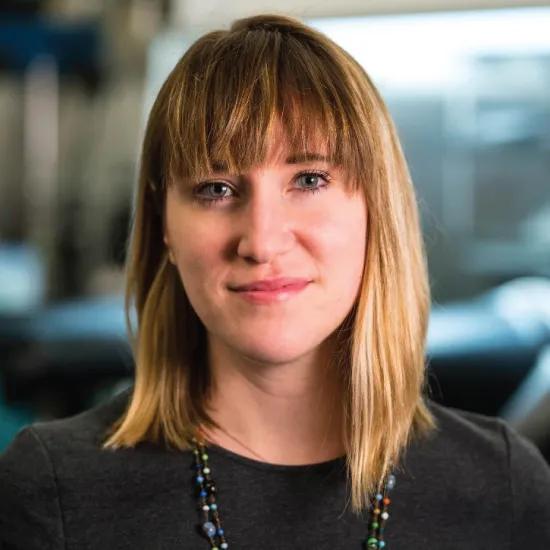
Associate Professor Dr. Betar M. Gallant
MIT, USABetar Gallant is an Associate Professor and the Class of ‘22 Career Development Professor in Mechanical Engineering at MIT. Dr. Gallant completed her SB (‘08), SM (‘10) and PhD (‘13) degrees in the same department. After graduating, Dr. Gallant was a Kavli Nanoscience Institute Prize Postdoctoral Fellow at Caltech in the Division of Chemistry and Chemical Engineering. As a faculty member at MIT, Dr. Gallant leads the Energy and Gas Conversion Laboratory, which focuses on advanced battery chemistries and materials for high-energy rechargeable and primary batteries, including fluorinated cathode conversion reactions and lithium and calcium metal anodes and their interfaces.
Her research is also developing insights into reaction mechanisms that underpin advanced greenhouse gas mitigation technologies, with a particular emphasis on the integration of electrochemistry with CO2 capture and storage. Her group has pioneered the scientific framework behind the use of amine capture sorbents in electrochemical environments subject to direct reductive conversion, driving CO2 to products or storage phases, which has the potential to contribute to alternatives of today’s energy-intensive thermal regeneration processes. Dr. Gallant is the recipient of multiple awards including an MIT Bose Fellow, Army Research Office Young Investigator Award, Scialog Fellow in Energy Storage and Negative Emissions Science, NSF CAREER Award, the Ruth and Joel Spira Award for Distinguished Teaching at MIT, the Electrochemical Society Battery Division Early Career award and an ECS-Toyota Young Investigator fellowship.
- Dr. Rafael Gomez-Bombarelli
- Image
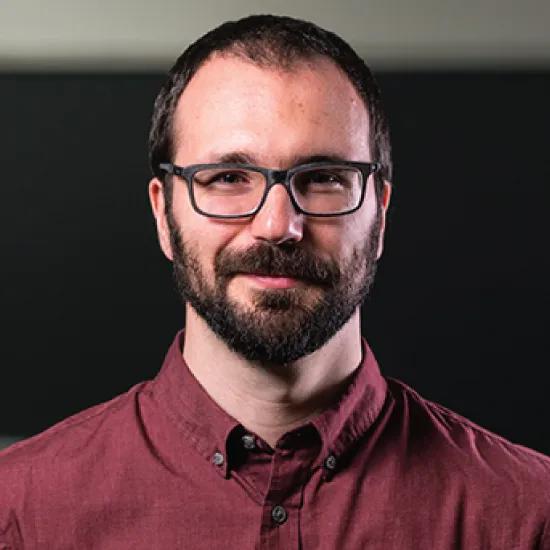
Dr. Rafael Gomez-Bombarelli
Jeffrey Cheah Assistant Professor, MIT, USARafael Gomez-Bombarelli joined the MIT faculty in January 2018. He received a B.S., M.S., and PhD in Chemistry from Universidad de Salamanca in Spain, followed by postdoctoral work at Heriot-Watt University and Harvard University after which he was a senior researcher at Kyulux NA applying to Harvard-licensed technology to create real-life commercial organic light-emitting diode (OLED) products. Dr. Gomez-Bombarelli’s research trajectory has evolved from experimental mechanistic studies of organic molecules with an emphasis on environmental toxicity to the computer-driven design of molecular materials. By combining first-principles simulation with machine learning on theoretical and experimental datasets he aims to accelerate the discovery cycle of novel practical materials. Through his research, at MIT he plans to address the role of molecular transformation in materials discovery, in areas such as catalyst design, the environmentally-minded development of novel and replacement chemicals, and designing for stability in advanced materials. Rafa's work has been featured in journals such as Technology Review and the Wall Street Journal. He was also co-founder of Calculario, a materials discovery company that leverages quantum chemistry and machine learning to target advanced materials in a range of high-value markets.
- Prof. Patrick Cognet
- Image
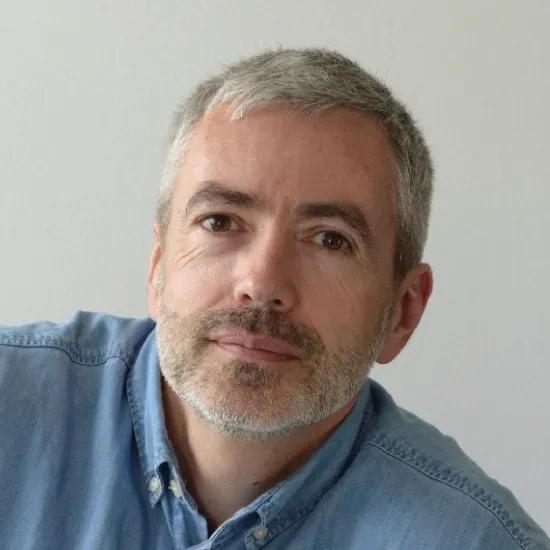
Prof. Patrick Cognet
INP Toulouse, FranceHe is currently Professor at Toulouse INP, France, in an Engineering School (ENSIACET). He received his Chemical Engineering Diploma from ENSIC (Ecole Nationale Supérieure des Industries Chimiques de Nancy) in 1991. He carried out his PhD in Toulouse (Electrochemical Engineering). He joined ENSIACET (Toulouse INP) in 1994 as Assistant Professor. He is a Professor since 2010 and was Head of the Chemical Engineering Department from 2008 to 2018. He is currently an International Partnerships Officer at INP-ENSIACET and a member of the Toulouse INP Research Council.
He has developed Research activities at the Chemical Engineering Laboratory. His work focuses on Green Process Engineering and more precisely on reactor design, activation techniques (ultrasound, electrochemistry), intensification and processes involving new media. He created the 1st Green Process Engineering (GPE) congress in 2007. He was also Program Officer at the French National Research Agency (ANR) from 2010 to 2016. He has authored 65 published papers, more than 75 communications, 1 patent, 2 book chapters, co-editor of 1 book (Green Process Engineering), and co-editor with Professor Mohamed Kheireddine Aroua of a collection entitled From ‘Glycerol to Value-Added Products’ in Frontiers in Chemistry and with Professor Christophe Gourdon of a special issue 'Green Process Engineering' in Clean technologies.
- Professor Demitrios Tsiplakides
- Image
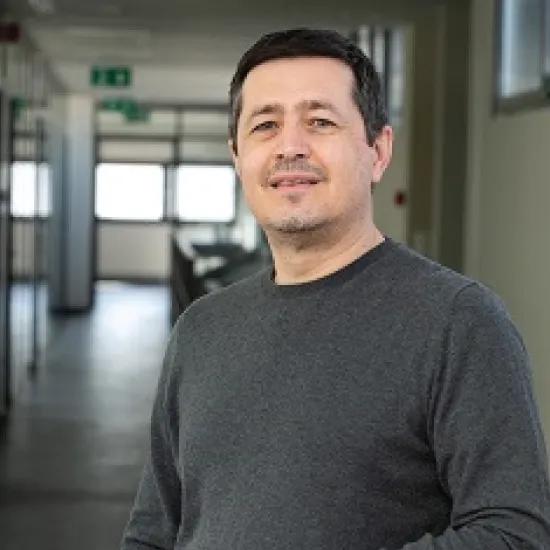
Professor Demitrios Tsiplakides
Aristotle University of Thessaloniki, GreeceDimitrios Tsiplakides is Associate Professor at the Department of Chemistry of the Aristotle University of Thessaloniki, Greece and Associate Professor at CPERI/CERTH. He holds a PhD from the Department of Chemical Engineering of the University of Patras on the investigation of electrochemical promotion of catalysis in aqueous solutions. His research interests focus on electrocatalysis, fuel cells, heterogeneous catalysis, metal-support interactions and electrochemical promotion of catalytic reactions. His most recent research activities are in the field of fuel cells and electrolysers (polymer membrane and solid oxide fuel cells), integrated regenerative/reversible fuel cell systems and lithium ion batteries. Part of his research focuses on the development of devices and systems for space applications. He is the author of 90 scientific publications in international journals and scientific conferences, holds 2 patents and is one of the authors of the book “Electrochemical Activation of Catalysis” (Kluwer/Plenum 2001). Dr. Tsiplakides has been awarded the "Oronzio De Nora Foundation Prize of International Society of Electrochemistry (ISE) on Electrochemical Technology and Engineering, 2004".
- Associate Professor Wee-Jun ONG
- Image
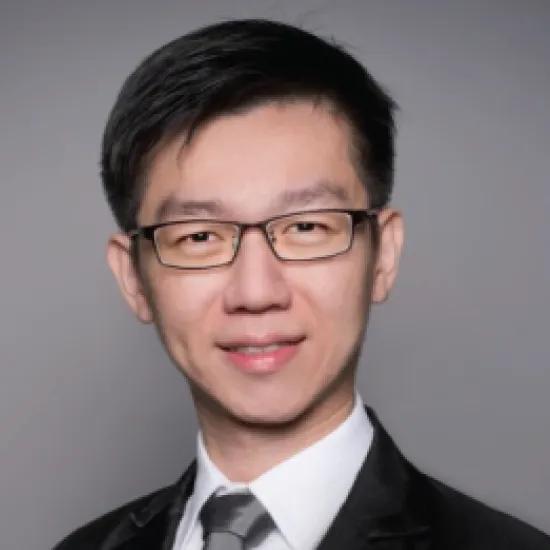
Associate Professor Wee-Jun ONG
Xiamen University Malaysia, MalaysiaWee-Jun Ong received his BEng and Ph.D. degrees in Chemical Engineering from Monash University. In 2016, he joined Institute of Materials Research and Engineering (IMRE), Agency for Science, Technology and Research (A*STAR) in Singapore as a Staff Scientist. He is currently an Associate Professor and Assistant Dean in the School of Energy and Chemical Engineering at Xiamen University Malaysia. In 2019, he was a Visiting Scientist in the Center for Advancing Electronics Dresden (cfaed) at Technische Universität Dresden, Germany. He was also a Visiting Professor at the Lawrence Berkeley National Laboratory, USA from 2019 to 2020. Starting from 2021, Prof. Ong becomes the Director of Center of Excellence for NaNo Energy & Catalysis Technology (CONNECT) at Xiamen University Malaysia. His research interests focus on photocatalytic, photoelectrocatalytic and electrochemical H2O splitting, CO2 reduction and N2 fixation using nanomaterials. He has secured more than RM 1.5 million of research funds over the last 5 years. To date, his citations are more than 15,000 with an H-index of 54. He is named as a Global Highly Cited Researcher by Clarivate Analytics from 2019 to 2021 for three consecutive years. He is also named as the “World’s Top 2% Scientist” in 2020 and 2021 by Stanford University. He has been the Lead Guest Editor of Small, ChemSusChem, Nanoscale and ACS Applied Materials & Interfaces. Currently, he serves as the Chief Editor of Frontiers in Nanotechnology, Associate Editor of Frontiers in Chemistry, Beilstein Journal of Nanotechnology and Engineering Reports, Board Members of Materials Horizons, Nano Research, SmartMat, Chinese Journal of Catalysis, etc.
- Prof. Claudio Augusto Oller Nascimento
- Image
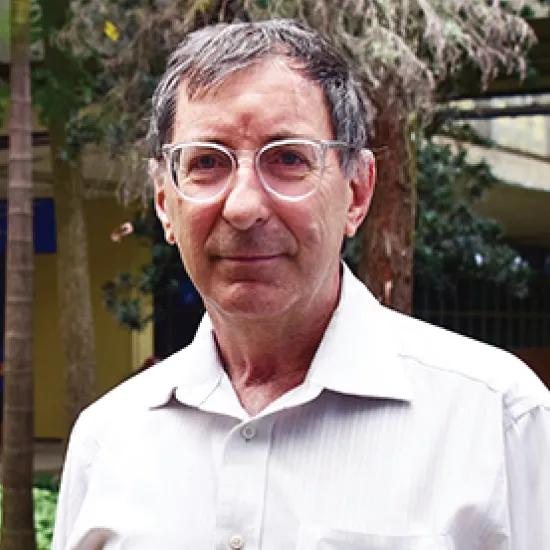
Prof. Claudio Augusto Oller Nascimento
DEQ - Escola Politécnica da Universidade de São Paulo, BrazilClaudio Augusto Oller do Nascimento holds the B.Sc. degree in Chemical Engineering (1975, University of São Paulo), M.Sc. in Chemical Engineering (1979, University of São Paulo) and Ph.D. in Chemical Engineering (1982, University of Salford, UK). He is Full Professor of Chemical Engineering at the University of São Paulo. He has experience in Industrial Processes and Chemical Engineering, focusing on the following subjects: neural networks, mathematical modeling, water treatment, photochemical process and biotechnology. He is enrolled on the RCGI-Research Center for Gas Innovation (Shell-FAPESP) as Deputy-Director of the Physical-Chemistry Program and in the Project “Sustainable gas pathways for Brazil; from microcosm to macrocosm“ (NERC-FAPESP).
- Prof. Abdelbaki Benamor
- Image
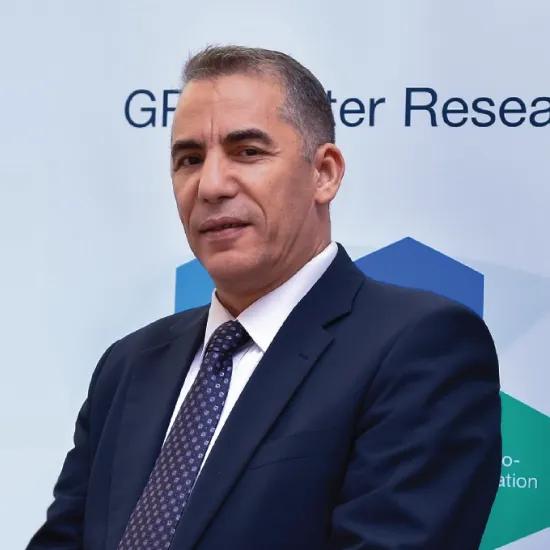
Prof. Abdelbaki Benamor
Qatar University, QatarAbdelbaki Benamor occupies the position of Associate Research Professor in the Gas Processing Centre (GPC) at Qatar University, specialising in Carbon capture and Gas Treatment Processes since October 2011. He holds a PhD in Chemical Engineering front the University of Malaya. He has more than fourteen years of post-doctorate experience in academic and industrial research and development incorporating all aspects of carbon capture and natural gas treatment processes. Dr Benamor has also a special interest in the area of water desalination using membrane technologies. Dr Benamor has managed most of the Carbon capture research programmes conducted within the GPC, comprising more than five major research programmes of 2-4 years duration varying from bench scale to pilot scale levels. He has been the principal or co-investigator on two major QNRF-sponsored programmes dedicated to CO2 capture technology and membranes for water desalination. He has successfully secured more than 3.2 million $ in the last 5 years as a research and industry grant in collaboration with internationally recognized institutions in Europe, Asia and North America. Dr Benamor has authored and co-authored a considerable number of research papers in renowned journals' conference proceedings. He is currently in charge of developing a research program for CO2 capture and storage in the GPC.
- Dr. Shaukat Mazari
- Image
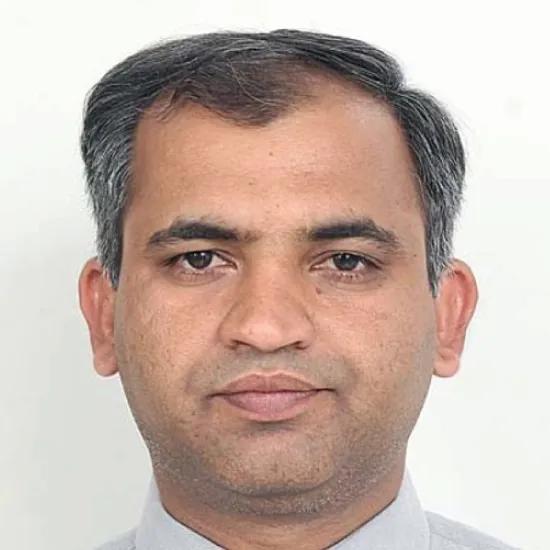
Dr. Shaukat Mazari
Chungbuk National University, KoreaCurrently, Prof. Shaukat Ali Mazari is a Research Professor and a Post Doctor at the Chungbuk National University, Korea. He is also an Associate Professor at Dawood University of Engineering and Technology Karachi (Currently he is on foreign service leave in South Korea). He attained his PhD in Chemical Engineering from Universiti Malaya (2016) and received his degree in Chemical Engineering from Dawood College of Engineering and Technology (2012). His research expertise includes climate change, post-combustion CO2 capture, CO2 reduction into value-added products, renewable and sustainable energy resources, biomass conversion into fuels and chemicals and electrochemistry. Besides that, he also has an interest in the topic of Chemical Process Development, Simulation, Optimization, Artificial Intelligence involving modeling of CO2 solubility in aqueous amine solution (Blended amines, Diamines) and dynamic simulation in corporation with AI (Machine Learning).
- Dr. Munawar Khalil
- Image

Dr. Munawar Khalil
University of IndonesiaDr. Khalil is an Assistant professor at the Department of Chemistry, and currently the Director of Research and Development, Universitas Indonesia. He earned his PhD in chemistry from New Mexico Tech (NMT), USA in 2015. He obtained his BSc in chemistry from Bogor Agricultural University in 2007 and M.Eng.Sc. in chemical engineering from Universiti Malaya in 2011. He was the recipient of the 2015 NMT Founders Award and Ambassador Award for Excellence from the Embassy of the Republic of Indonesia in Washington DC. His research interests include the rational design of 1D, 2D, and 3D functional nanomaterials with specific application in catalysis, renewable energy, biomedical, electronics and sensing devices, oil and gas industry, and energy storage.
- Dr. Malti Goel
- Image
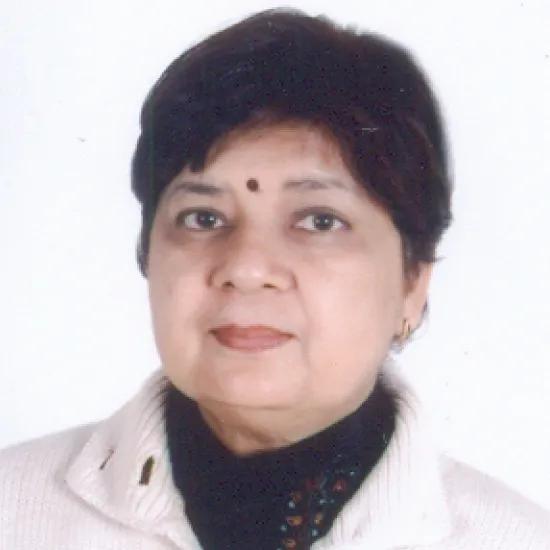
Dr. Malti Goel
President, Climate Change Research Institute , IndiaDr Malti Goel is a Former Adviser, DST and CSIR Emeritus Scientist in the Ministry of Science & Technology, Government of India and is a climate change expert. Education: PhD Physics, Indian Institute of Technology, Delhi; D.I.I.T. Post Graduate Diploma in Solid State Physics, Indian Institute of Technology, Delhi, in First Position with Distinction; M.Sc Degree in Physics, Birla Institute of Technology & Science, Pilani, in First class first with Distinction. Dr Malti Goel is the founder of the Climate Change Research Society. In the early part of her career as a Research Associate and Post-Doctoral Fellow, she was actively engaged in research on polymeric and composite materials at the Indian Institute of Technology (IIT) Delhi. Dr Malti Goel is a very accomplished person having got training in Japan, Israel and the UK in many important fields of coping with global warming, management of energy utilization and technology change among others. She has held many important national and international assignments and represented the country as Vice Chairperson in Carbon Sequestration Leadership Forum.
She has been associated with many academic institutions including Jamia Hamdard as Adjunct Professor, SV University, Tirupati, as Visiting Faculty, School for Planning and Architecture as Guest Faculty; Draunacharya College of Engineering and Management as Adviser and with premier science academy INSA as Emeritus Scientist. She has been Emeritus Scientist and Research Affiliate at the Centre for Studies in Science Policy, Jawaharlal Nehru University. Dr Malti Goel has won many prestigious awards and honors for her contributions to academics and was conferred Life Time Achievement Award in 2016 for her outstanding contributions and achievements in climate change research in India.
- Assoc. Prof. Dr. Unalome Wetwatana Hartley
- Image
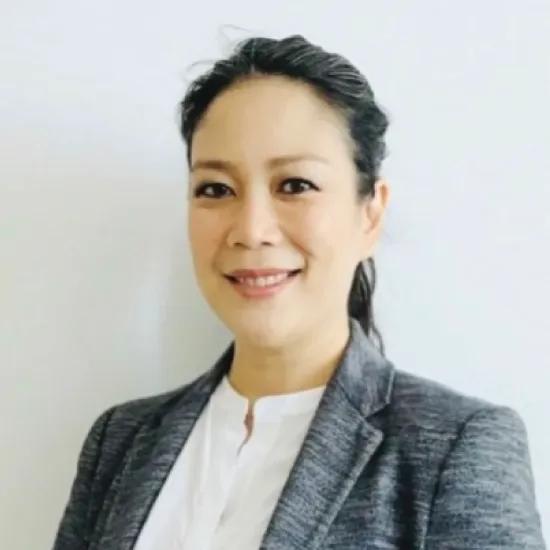
Assoc. Prof. Dr. Unalome Wetwatana Hartley
King Mongkut's University of Technology North Bangkok, ThailandAssoc. Prof. Dr. Unalome Wetwatana Hartley is a director of Catalysis and Reaction Engineering Laboratory, a research group focusing on clean renewable energy production, CO2 utilization, H2 production, BCG (bio-circular-green) technology, belongs to the Sirindhorn Thai-German Graduate School of Engineering (TGGS), King Mongkut’s University of Technology North Bangkok (KMUTNB). She has been a Newton Fund three-times awardee since 2016. The project is collaborated with Imperial College London (UK) in the membrane science area. She recently received a funding from the European Commissions through the Southeast Asia-Europe Joint Funding Scheme (JFS) with research alliances from Germany (Leibniz-Institut für Katalyse e.V.) and Malaysia (Sunway, UM) on the research topic of CO2 to methanol using membrane reactor.
- Dr. Sebastian Wohlrab
- Image
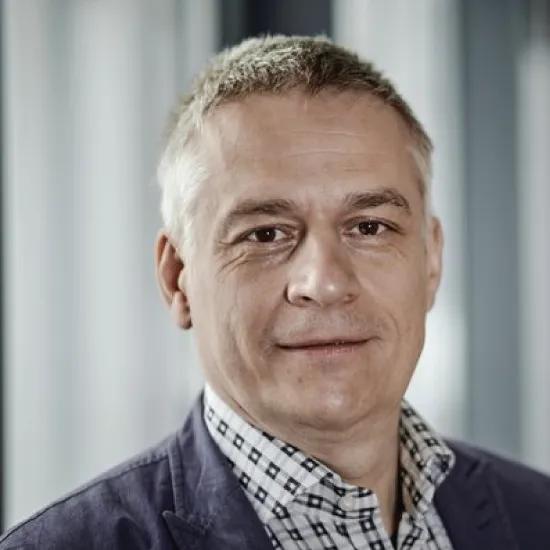
Dr. Sebastian Wohlrab
Leibniz-Institut für Katalyse e.V, GermanyDr Sebastian Wohlrab is Head of the Department “Heterogeneous Catalytic Processes” at the Leibniz Institute for Catalysis in Rostock, Germany. He obtained his degree in chemistry at the Technical University of Dresden and worked towards his PhD at the Max Planck Institute of Colloids and Interfaces, Golm. His research interests mainly include current catalysis topics relevant to energy and resources. These include: methanisation, RWGS, methanol synthesis, Fischer-Tropsch synthesis, dry reforming, methane selective oxidation, methane total oxidation. Tailored catalyst synthesis, the understanding of structure-activity relationships and the use of promising chemical technologies are the basis of his research and the department he leads.
- Prof. Mohamed Kheireddine Aroua
- Image
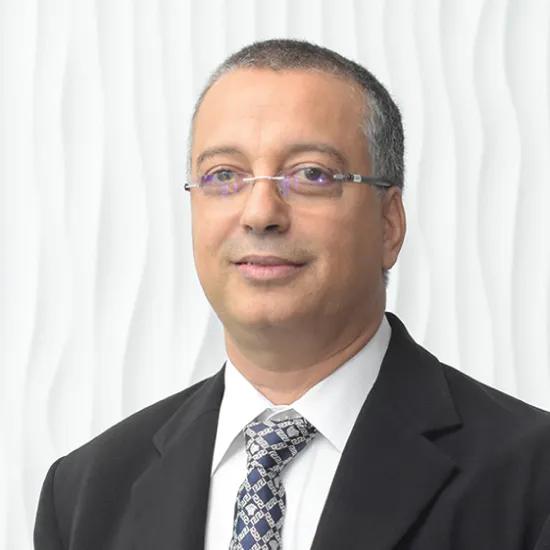
Prof. Mohamed Kheireddine Aroua
Sunway University, MalaysiaProf. Kheireddine is a Professor at the School of Engineering and Technology. Currently, he is also the Associate Dean (Research and Postgraduate Studies) - at the School of Engineering and Technology and Head of the Research Centre for Carbon Dioxide Capture and Utilization. His research addresses fundamental and technical issues related to water, energy, and the environment. He is interested in developing green solvents, sorbents and processes for CO2 capture and utilization. His interests also include water and wastewater treatment, Separation processes: Membrane technology, adsorption, absorption and electrochemical conversions.
- Dr Hasliza Bahruji
- Image
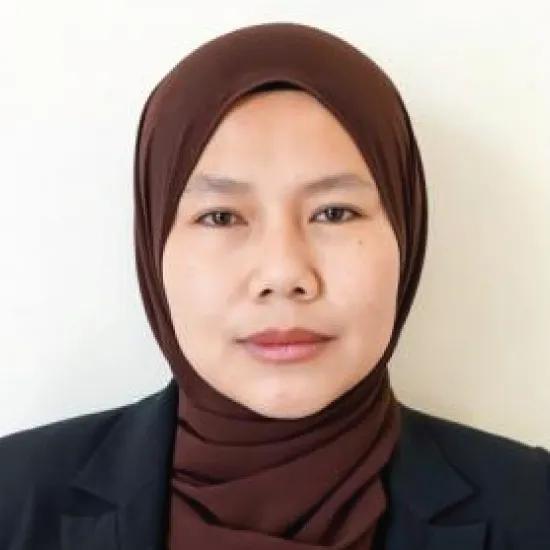
Dr Hasliza Bahruji
Universiti Brunei Darussalam, BruneiCurrently, Dr Hasliza Bahruji is an Assistant Professor at Centre of Advanced Materials and Energy Science, CAMES, UBD. I was previously a Research Associate for environmental catalysis at UK Catalysis Hub, 2013-2018; Postdoctoral researcher in Cardiff Catalysis Institute, 2012-2018; Lecturer, Universiti Pendidikan Sultan Idris, 2005-2008; Visiting Scientist, Catalysis Research Centre, Hokkaido University, 2004. Interested in using catalysis for environmental benefits and finding a crossover between pollution remediation and sustainable energy production. CO2 hydrogenation is an example to utilise pollutants into a value-added product. A major central point of my research is the synthesis and development of a multifunctional catalyst that is based on the synthesis of nanoparticles and the development of solid acid catalysts. On a more fundamental level, she also has a deep interest in using in-situ spectroscopy techniques (EXAFS, XRD, FTIR) to understand interactions between metal nanoparticles and metal oxide support that can act as active sites that drive catalytic reactions.



